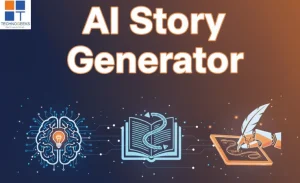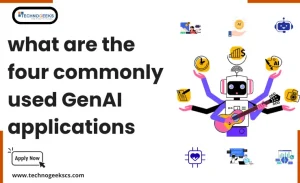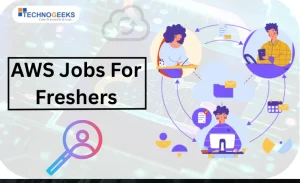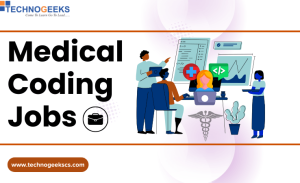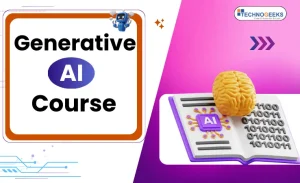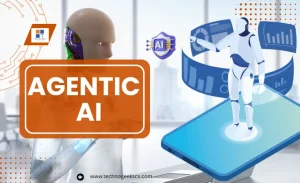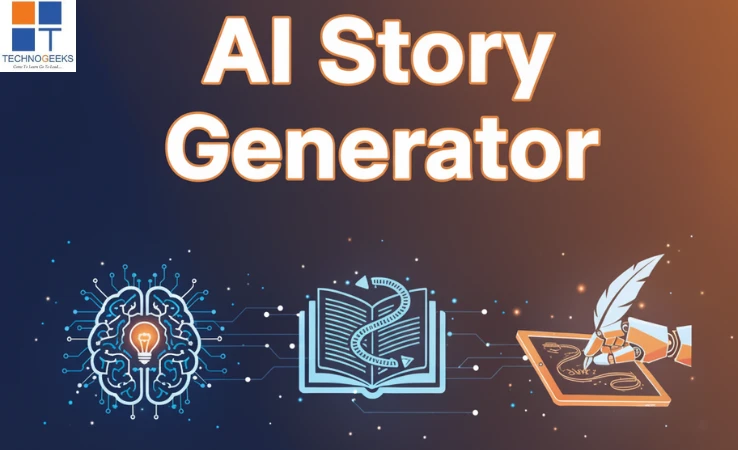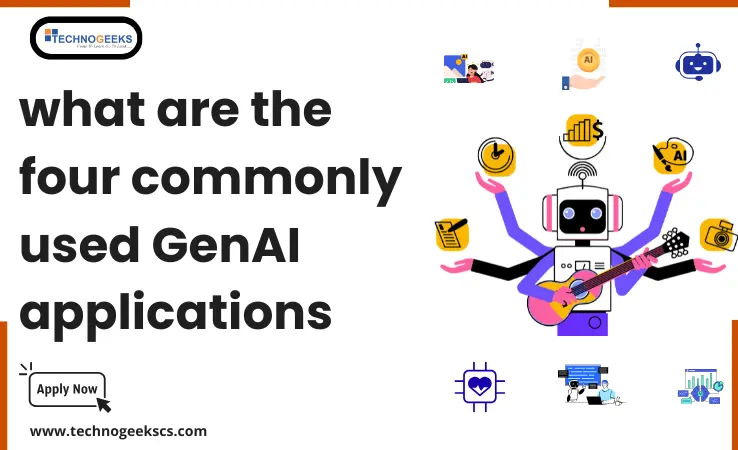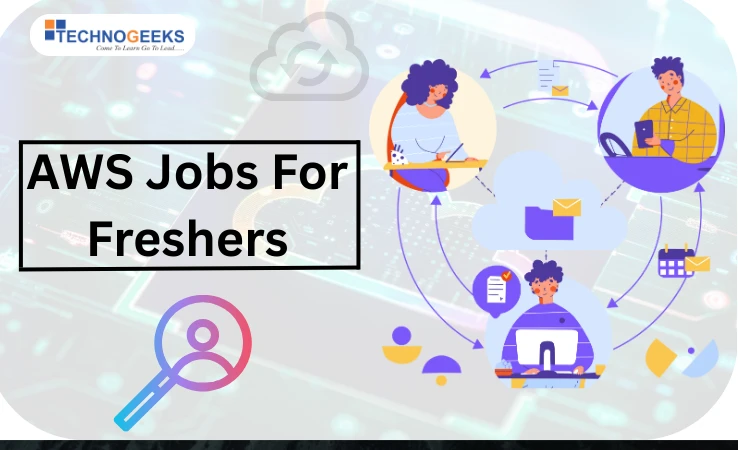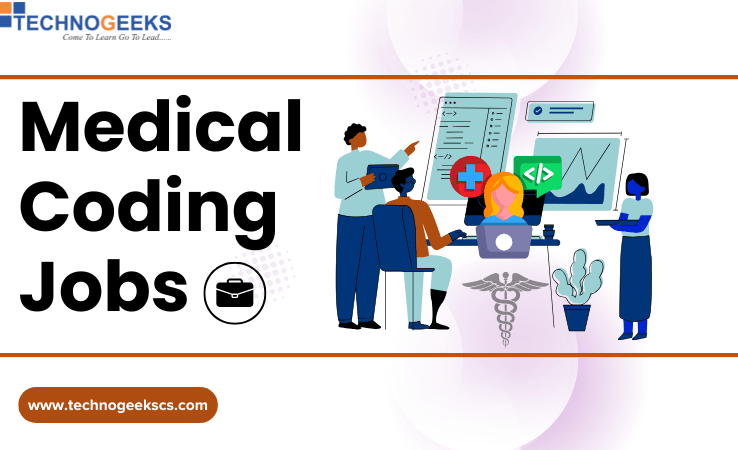Table of Contents
ToggleIntroduction –
In the past few years, DevOps has become a popular and efficient way to build solutions for our digital world. As a result the demand for DevOps engineers is continuously increasing in 2024 and will continue to do so in future.
As per Statistics, back in 2018, the global DevOps market was valued at around USD 3,709.1 million. Fast forward to 2026, and it’s projected to soar to USD 14,969.6 million. That’s a remarkable growth rate of 19.1% each year!
You can really see the demand for DevOps jobs in India when you look at job platforms. On indeed.com, for example, there are over 8,000 job listings for DevOps roles. And on LinkedIn, there are more than 21,000 openings for DevOps engineers in India alone.
So if you want to start a career in DevOps and are looking for a DevOps roadmap for 2024, this blog is for you. In this blog we will cover the complete DevOps Roadmap for beginners to professionals guiding you through the essential skills, tools, and best practices you need to succeed.
Enroll now and take the first step towards a successful career. Click here to join our DevOps course today!
DevOps Roadmap – Beginners To Pro
Week 1 – Understanding the Basics Of DevOps
So in the first week you have to go through some basics concepts of DevOps such as –
What is DevOps?
DevOps (DevOps full form is Development and Operations) is a collaborative approach that emphasizes communication, collaboration, and automation between development teams and operations teams. Unlike traditional methods, DevOps promotes faster and more reliable software delivery through continuous integration, continuous delivery, and continuous deployment (CI/CD).
Why Need DevOps?
In lots of IT companies, working in separate groups can slow down how quickly we deliver software.
There are many problems faced by IT Companies Without DevOps such as –
- Slow Deployment Cycles
- Increased Failure Rates
- Limited Scalability
- Poor Collaboration
But with DevOps, things improve. By breaking down these barriers between teams, encouraging everyone to work together, and using automation for routine jobs, DevOps really speeds things up.
Also Read – Top DevOps Engineer Skills [2024]
Week 2 – Linux Fundamentals
Basics of Linux
Linux is a widely used operating system known for being stable, secure, and adaptable. It’s open-source, which means anyone can change and share its code. Linux runs on servers, desktop computers, mobile devices, and embedded systems all over the world.
Types of Linux Distribution Available
There are numerous Linux distributions, each designed for specific needs:
- Ubuntu
- Red Hat Enterprise Linux (RHEL)
- CentOS
- Debian
- Fedora
- Linux Mint
For learning DevOps, Ubuntu and CentOS are often preferred Linux choices because they are widely supported and work well with many DevOps tools.
Command Line Interface –
In Linux, you control the system by typing commands in a command-line interface (CLI). This allows you to manage servers and computers accurately, automate tasks using scripts, and handle work efficiently.
Frequently Used Linux DevOps Commands
In DevOps , several linux commands are frequently used:
| Command | Description |
| ls | List directory contents. |
| cd | Change directory. |
| cp | Copy files and directories. |
| mv | Move or rename files and directories. |
| rm | Remove files and directories. |
| grep | Search for specific patterns in files. |
| chmod | Change file permissions. |
| chown | Change file ownership. |
| ssh | Securely connect to remote servers. |
| scp | Securely copy files between machines. |
| wget | Download files from the web. |
| curl | Transfer data with URLs. |
Also Read – LINUX Full Form | What Is LINUX?
Week 3 – Programming Languages
In Week 3 of your DevOps learning journey, you will explore programming languages which are important for automating tasks, writing scripts, and developing tools in DevOps.
Here are the main programming languages you’ll concentrate on while learning DevOps:
| Topic | Details |
| Scripting Languages | Bash Scripting: Learn to automate tasks on Unix/Linux systems using Bash. |
| Python: Explore automation, scripting, and tool development capabilities in Python. | |
| Configuration Management Languages | YAML: Understand YAML (YAML Ain’t Markup Language) for writing configuration files used in tools like Ansible and Kubernetes. |
| JSON: Learn JSON (Java Script Object Notation) for configuring and exchanging data between systems and services. | |
| Infrastructure as Code (IaC) Languages | Terraform: Learn to manage infrastructure using code on different cloud platforms with Terraform. |
| Cloud-Specific Languages: Explore AWS CloudFormation (JSON/YAML) or Azure Resource Manager (ARM) templates. | |
| Version Control Systems | Git: Master Git for version control, collaboration, and managing code repositories. |
| Database Query Languages | SQL (Structured Query Language): Learn SQL for managing and querying relational databases. |
Level up your skills in Programming. Enroll now and become an expert.
Week 4 & 5 – AWS Cloud Computing
Before learning DevOps you must have knowledge of AWS Cloud Computing because it provides the foundational understanding of how cloud services work.
So you have basic understanding of –
- Cloud Computing
- Types Of Clouds – Public Cloud, Private Cloud, Hybrid Cloud
- Basic understanding of AWS services such as EC2, VPC, IAM, etc.
Some of the important AWS services used in DevOps include:
- AWS EC2 (Elastic Compute Cloud)
- AWS S3 (Simple Storage Service)
- AWS IAM (Identity and Access Management)
- AWS CloudFormation
- AWS Lambda
- AWS CodePipeline
- AWS CodeBuild
- AWS CodeDeploy
- AWS Elastic Beanstalk
- Amazon RDS (Relational Database Service)
Week 6 – Git
Git and tools like GitHub are important for effective software development and DevOps, enabling version control, collaboration, and streamlined project management.
So basically Git is a version control system (VCS) that tracks changes in software development projects, allowing multiple developers to collaborate efficiently.
In this module you will learn –
- Brief introduction of Git ?
- Version Control System (VCS)
- Git as SCM (Source Code Management)
- GitHub Repository
- Git Bash Command-line Interface
Week 7 – Maven
Maven is a build automation tool that automates building Java projects. Maven makes it easier to handle project parts, automate how projects are put together, and keep project layouts organized.
You will learn –
- Brief Introduction of Maven
- Learn how Maven automates the creation of executable software from source code, making development more efficient and consistent.
- Dependency Management
- Snapshot Builds
- Git Integration Learn how Maven integrates with Git, facilitating version control and enabling seamless collaboration on software projects.
Week 8 – Jenkins
This week, we’ll learn Jenkins, an important tool for Continuous Integration (CI) in DevOps.
You will learn following concepts such as –
- Introduction to Continuous Integration
- Implementation of continuous integration
- Jenkins Installation
- Jenkins Architecture and terms of Jenkins
- Overview of Jenkins UI and How to configure a system
- Configuring a Jenkins Job
- Introduction to Plugins
- Commonly used plugins (Git Plugin, container deploy, and Green Balls)
- Configuring Jenkins to work with Java, Git, and Maven
- Creating a Jenkins Build and Jenkins workspace
- Configure Jenkins to check for source code changes periodically.
- Creating a Freestyle Build Job
- Distributed builds & Notification System
- Joins
- Security
- Pipeline
Week 9 – Terraform
Terraform is an open-source infrastructure as code (IaC) tool used for provisioning and managing cloud infrastructure. It helps software developers by managing infrastructure using code.
You will learn following concepts such as –
- What is Terraform?
- Use Cases
- Terraform V/s Other
- Installing Terraform
- Build Infrastructure
- Change Infrastructure
- Destroy Infrastructure
- Resource Dependencies
- Provision
- Input Variables
- Output Variables
Week 10 – Puppet
In Week 10, you’ll learn how Puppet automates setting up and managing system configurations using code. This helps DevOps professionals make operations more efficient, keep environments consistent, and easily scale IT infrastructures.
In this module you will learn following concepts such as –
- Introduction to Puppet
- Puppet Master and Agent Setup
- Puppet Module
- Node Classification
- Puppet
- Environment
Week 11 – Ansible
Ansible is an open-source automation tool used for configuration management, application deployment, and task automation.It automates setting up and configuring both on-premises and cloud systems. It uses Infrastructure as Code (IaC) to manage many systems at once.
You will learn following concepts such as –
- Introduction to Ansible
- Installation of Ansible
- Working with command-line tools
- Configuring Ansible Roles
- Write Playbooks
- Executing ad hoc command
By the end of the week, you will definitely get knowledge of how Ansible automates managing configurations and orchestrating tasks.
Also Read – How Do Agile And DevOps Interrelate?
Week 12 – Docker
Docker is an open source tool that companies use to build, ship, and run apps. It helps developers put apps and their resources into containers, which are small, self-contained pieces. These containers are separate settings that hold all of the code, tools, and setup files needed to run a program.
You will go through following concepts such as –
- Docker Introduction
- Containers in Docker· Difference between VM and Container
- How to create and run Docker Image
- Docker Registry
- Docker Container Management
Also Read – What Is Docker In DevOps
Week 13 – Kubernetes with AWS
Kubernetes is a powerful container orchestration platform that automates the deployment, scaling, and management of containerized applications. It ensures applications run consistently across different environments and scales seamlessly based on workload demands.
In this module you will learn following concepts such as –
- Why do I need Kubernetes and what can it do?
- Architecture
- Containers
- Workloads
- Pods
- Controller
- Create Cluster
- Deploy Application
Week 14 – Nagios
Nagios is an open-source monitoring system for computers. It is designed to run on Linux but can monitor devices running Linux, Windows, and Unix. Nagios performs regular checks on important aspects of applications, networks, and server resources.
In this module you will learn following concepts such as –
- Introduction to Continuous Monitoring
- Introduction to Nagios
- Installing Nagios
- Nagios Commands and Notification
How Technogeeks can help you in your DevOps Journey?
Technogeeks DevOps course designed for both freshers and working professionals. Technogeeks complete learning path will give you the skills and knowledge you need to connect software developers and operations professionals.
The Technogeeks DevOps With AWS Certification Course in Pune covers the best DevOps tools and methods to become a practitioner in DevOps.
The DevOps course syllabus will include essential concepts and tools such as Git, GitHub, Jenkins, Puppet, Ansible, Maven, Docker, and Kubernetes & apply these tools with best practices in real-world scenarios with hands-on experience.
Upon completing DevOps training, you will grasp DevOps principles, implement automation processes, and use popular DevOps tools.
So, start your DevOps journey immediately.
Contact Us for more details.




